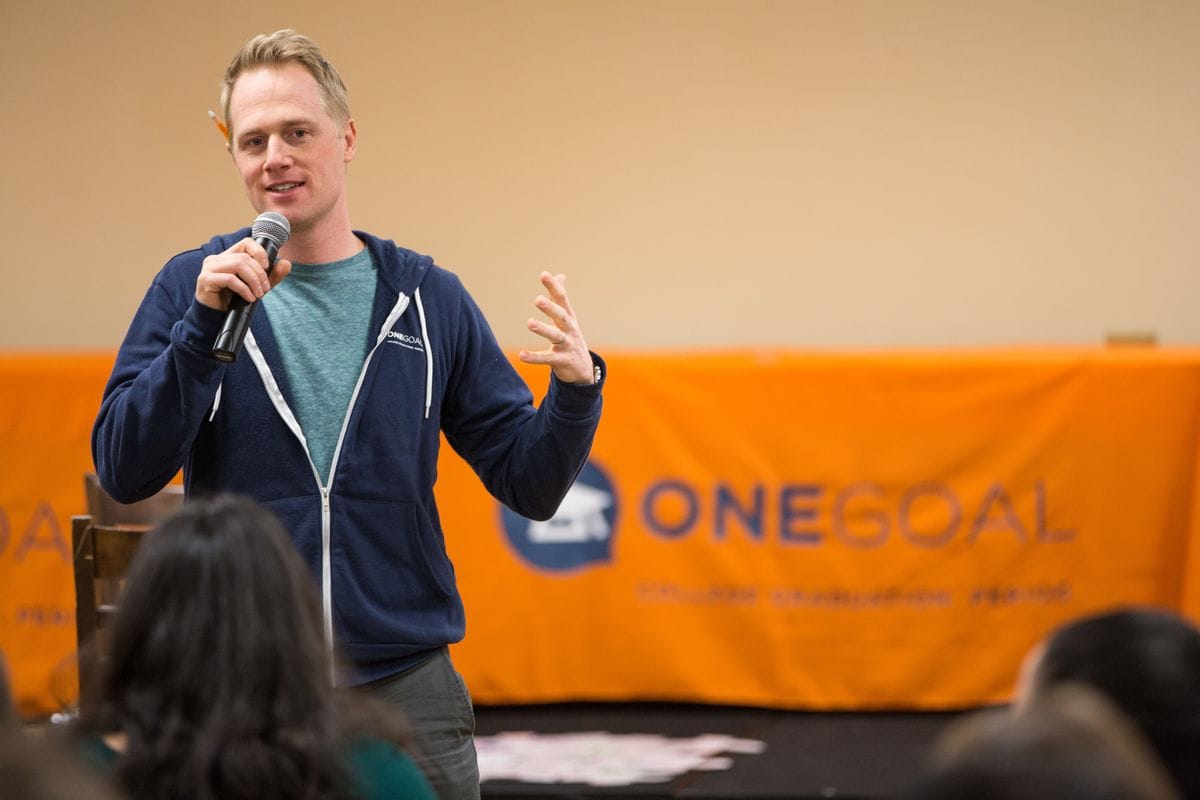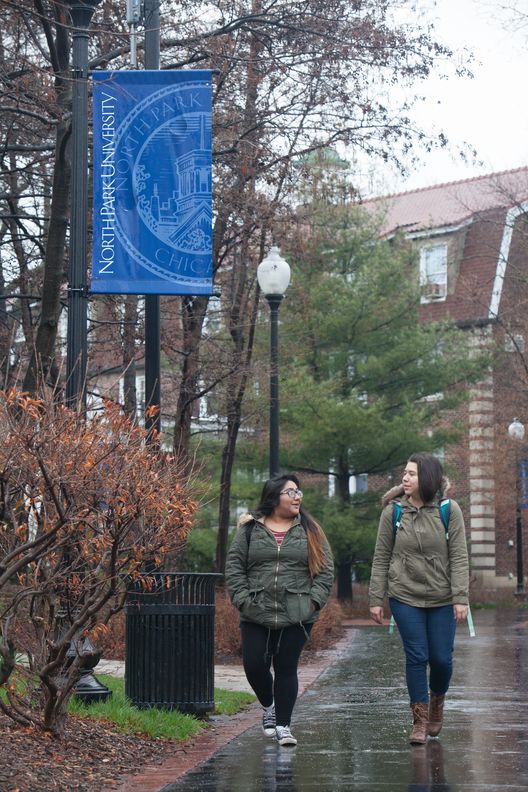Trump budget must prioritize students
By Jeff Nelson
June 18, 2017

Jeff Nelson, OneGoal Co-Founder + CEO.
Late last month, President Trump administration’s released its proposed budget highlighting details on how federal funding for education would be impacted. As Co-Founder and CEO of OneGoal, an organization that works to make college graduation a reality for all students, I believe the proposed education budget ignores economic data and would have a devastating impact on students from low-income communities. We must not let it pass as is.
Every year in our country, one million ninth graders show up to high school having grown up in poverty. A decade later, less than 200,000 of those students have completed any sort of postsecondary education. This means that 800,000 young people will turn 25 with little access to a living wage.
At the same time over the next decade, more than 12 million American jobs requiring some level of postsecondary education will go unfilled due to lack of qualified applicants. Our workforce has become credential-dependent. And yet, in proposing cuts to critical higher education need-based financial aid programs, the budget would exacerbate these economic challenges that our nation is trying to solve.
I agree with the current administration’s charge to look for efficiencies within the education budget and to use rigorous evidence to propose cuts. We must invest in initiatives that have proven and equitable results. The proposed cuts, however, seem to ignore the preponderance of evidence that show federal aid works to increase college access and completion rates among students from low-income communities.
What good is it to ensure students build skills to succeed in college if they won’t be able to afford a postsecondary education?
OneGoal Fellows and other students from low-income communities rely on the very programs that are being threatened, including the subsidized Stafford Loan, the Pell Grant, the Perkins Loan, the Federal Supplemental Educational Opportunity Grants, Federal Work-Study, and service-based loan forgiveness programs.
Every dollar counts for students like Jawon, a OneGoal alumnus and Southern Illinois University Carbondale student majoring in Information System Technology, who is paying for college via loans, federal aid and work-study, and who has the maximum federal aid possible. A seemingly small tuition bill of $500 can put a student at risk for not being able to enroll in school the following semester. This can balloon as the added pressure to earn money results in lower grades, which puts existing grants or scholarships at risk and can ultimately force the student to withdraw from college.
It is short-sighted to propose an education budget that will yield lower graduation rates and contribute to a cycle of poverty.
I have the privilege of speaking with students, teachers, community and business leaders on a daily basis. It is the conversations with students that stick with me the most. Their brilliance, resilience and determination fuel our work. Over the last ten years, OneGoal has partnered with teachers, schools and postsecondary institutions to empower students to build their academic and noncognitive skills and mindsets to enroll in college and persist through graduation. In fact, 82% of OneGoal Fellows enroll in college and 78% are persisting or have graduated. Those of us in the field know that the degree divide is solvable, but it requires commitment and action not just from students, teachers and institutions, but from entire communities and our government.

Without programs that provide financial aid, many students from low-income communities will not be able to access and earn a college education.
Noble Peace Prize winner Kofi Annan once said, “Education is a human right with immense power to transform. On its foundation rest the cornerstones of freedom, democracy and sustainable human development.” It is our collective responsibility to ensure all students have a legitimate opportunity to earn a postsecondary degree. We must demand that our current administration approve an education budget that empowers our students, strengthens our economy and helps protect our democracy.